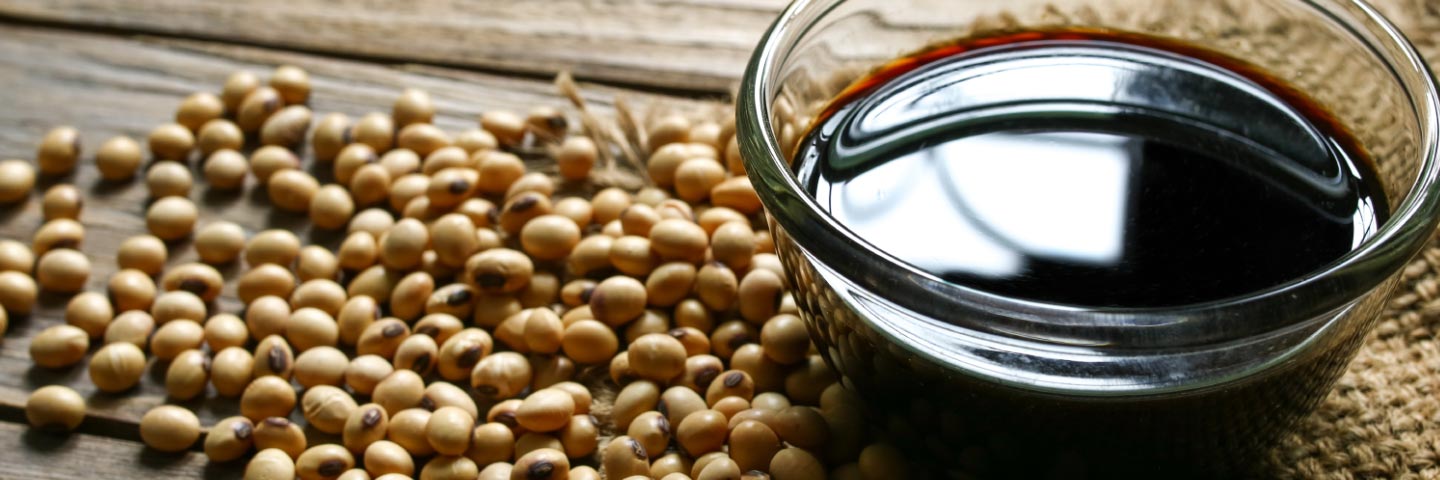
Visit our other sites
-
Fapas - Proficiency Testing
Globally recognised provider of proficiency tests, running over 400 tests annually across an extensive range of matrices and analytes
-
Great Crested Newts Testing
A single sample taken by an ecologist at any time during the newt breeding season can determine their presence or absence, saving you time and money

Method Used
GC-MS
LOD (limit of detection)
10 µg/kg
Accreditation
Only free 3-MCPD method
Standard Turnaround Time
10 working days
Fera's contamination scientists are able to offer a range of MCPD test variants upon request. Please contact us to learn more.
3-MCPD (3-monochloropropane-1,2-diol), 2-MCPD (2-monochloropropane-1,2-diol) and glycidyl esters are a by-product of processing or refining edible oils and fats and are only relatively recent in their discovery. 3-MCPD and 2-MCPD are food processing contaminants formed by heat as a reaction product of triacyl glycerols, phospholipids or glycerol and hydrochloric acid in fat-based or fat-containing foods. Depending on the type of food it may occur as a free substance, in the form of an ester with fatty acids or in both forms. Glycidyl esters (GE) are compounds formed usually when refining vegetable oils at high temperatures, approx. 200°C. They may occur in margarines and vegetable oils, but also in low levels in bread, biscuits and malt based food ingredients.
With various health implications associated with 3-MCPD, 2-MCPD and their esters there is a real need to control their levels within foods. Palm oil is naturally prone to higher levels of 2 and 3-MCPD esters due to the high levels of diglycerides. These high levels can be even larger through rapid soy protein hydrolyzation. With the wide range of uses associated with palm oil, including baby food and mayonnaise, as well as bakery products, the need for accurate testing is paramount. 2 and 3-MCPD esters and glycidyl esters occur in a variety of foods, most notably meats, infant formulae, and milk powders.
The regulation & recent studies from EFSA on Glycerol based process contaminants (MCPD and GE)
3-MCPD is a possible human carcinogen for which the Scientific Committee on Food has established a tolerable daily intake (TDI) of 2 µg/kg body weight. As such it is recommended to reduce the levels of 3-MCPD, 2-MCPD and their esters as much as possible. Scientific evidence has shown that 3-MCPD is released from 3-MCPD esters by regular digestion in the human digestive tract and therefore are considered to have the same toxicological profile as 3-MCPD (European food legislation - Commission Regulation EC 1881/2006). For soy sauce and hydrolysed vegetable protein the European Commission set a maximum level of 20µg/kg. Recent studies by EFSA (The European Food Safety Authority) found the amount of 3-MCPD in the form of fatty acid esters in edible oils and fats ranged from around 500 to around 10.000µg/kg.
With UKAS accredited testing for 3-MCPD, 1,32-DCP and acrylamide, and the ability to carry out 2 and 3-MCPD esters and glycidyl esters analysis, Fera is at the forefront of Food Process Contaminant testing.
Please contact us to discuss volume discounts.
| Detail | Specification |
|---|---|
Standard Turnaround Time | 10 working days |
Method Used | GC-MS |
LOD (limit of detection) | 10 µg/kg |
Accreditation | Only free 3-MCPD method |
3-MCPD Analysis
Add Samples
Your Current Samples
Please review your sample(s). Additional sample charges may apply where applicable.
There are no samples associated with this product at this time

Copyright © 2025 Fera Science Limited (“Fera”). All rights reserved.
For further information about how Fera uses any personal data collected from you, please see our Privacy Notice at www.fera.co.uk/privacy-policy.

